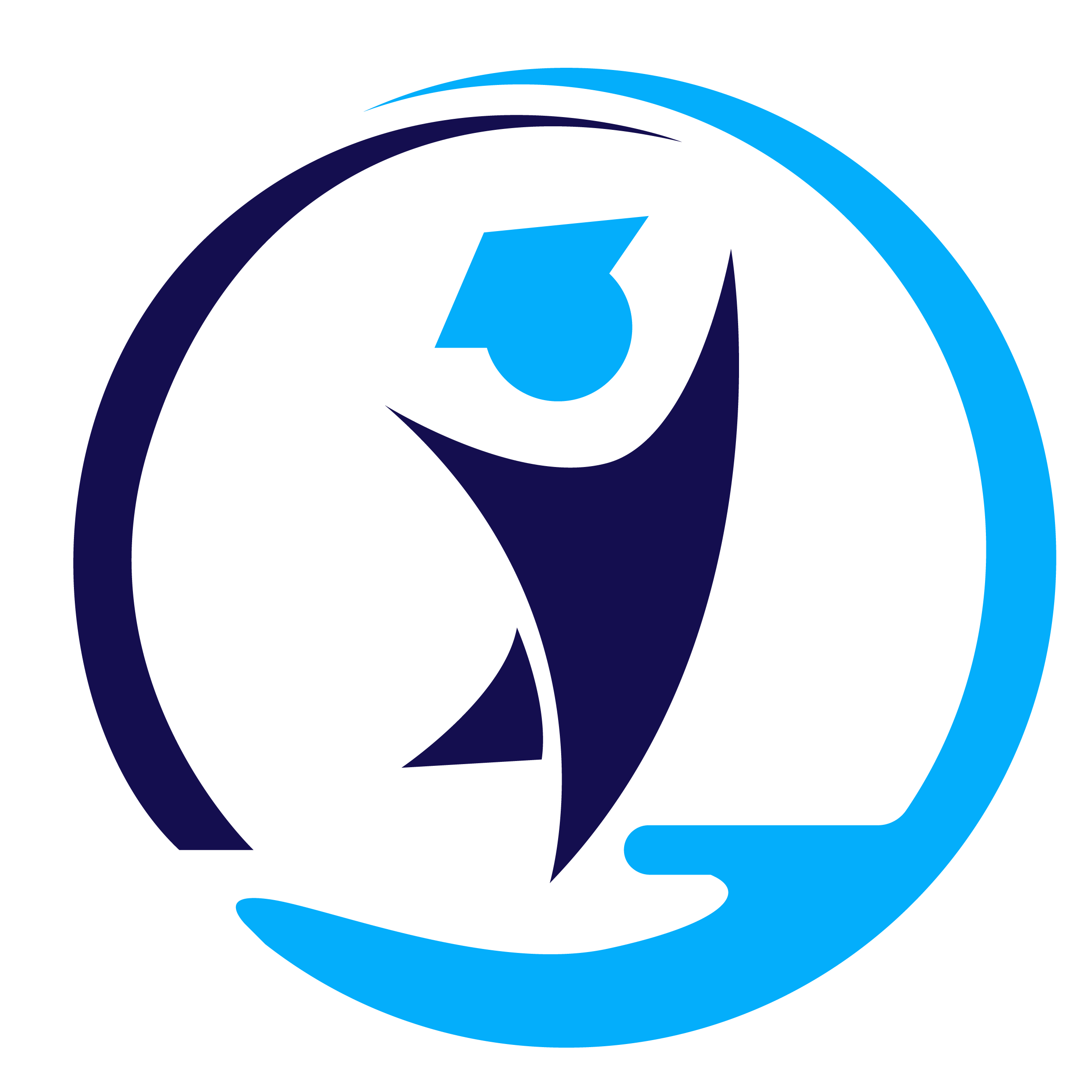Minimum Service Standards (Tapulaa Moomia o Auaunaga mo Aoga)
The Minimum Service Standards is used to measure school performance, improvement, development, and achievement. Every school undertakes a self-evaluation of its performance against the Minimum Service Standards towards the end of each school year. The completed evaluation is then submitted to the School Support Advisor who then conducts his/her own assessment of the schools performance before submitting the verified report to the MESC. This annual process is both time consuming but a necessity as it reflects on the Governance and Management of each school.
As part of its monitoring of school compliance with set policies, regulations and standards, the MESC retrospectively conducts its own Verification of the submitted data. Thus, the onus on school management to ensure that evidence of developments and achievements are well documented.
The MESC Annual Report 2019/2020 is based on the results of the MSS School level Self- Evaluation for the academic Year 2019 while awaiting the completion of the MESC Verification process. This report will be made available once it is completed and endorsed by management.
For a school to fully comply with and/or meet the standards of the MSS, it needs the full support and collaboration of all its key stakeholders – teachers, parents, school committees and the wider community – church leaders, matai, aumaga and aualuma & faletua ma tausi.
The noted gaps identified from the Self Evaluation reports from schools are issues to do with school hygiene and safety; partnerships with community; teacher quality, and student achievement.
Strategies were developed and implemented to address common issues identified to help improve school compliance with the MSS. One strategy is the implementation of the 2021 My Loo Kingdom school competition. The competition was launched in January 2021 during the Teachers Conference and the first school visits were completed yesterday (22 March 2021).


Another strategy to improve and strengthened school partnership with school communities was the review of the then School Agreement and the Samoan translation of the School Management and Organisational Manual 2018. In September 2020, both these documents were rolled out during Awareness Workshops for the 15 school districts and School Agreements signed between the Ministry (on behalf of the school) and the School Committee (on behalf of the community).


To address the gaps identified in the quality of classroom teaching, the Ministry continues to provide support to our teachers through the Curriculum support and Professional development programs. Amidst the COVID19 uncertainty, focus has been on supporting teachers through the use of online platforms, television and radio modes to deliver lessons to teachers and students.

As part of the Ministry’s forward action to improve learning in the schools, the reporting of national assessments had reached a new level whereby all SPELL and SPECA assessments (i.e. four year levels Y2, Y4, Y6, Y8, and 17 national assessments) were able to be reported upon at national, school and student level – per subject, per test item. These diagnostic tests are critical and support the Ministry’s way forward in ensuring targeted teaching interventions enable the achievement of national curricula, at all levels, for all students.
Finally, the implementation of the 4 Year Secondary Level is another strategic and evidence based reform by the Ministry to address issues pertaining to student achievement. This (4YSL) highlights the emphasis on strengthening TVET programs for students who excel in subjects such as Music, Sports, Visual Arts, Food Textile and Technology (FTT), and Design Technology (DT).
The Ministry continues to advocate that to effect positive changes and outcomes in our schools; it is our collective responsibility as communities and country to provide whenever and wherever the support needed by schools regardless if it is a government, mission or private school.
Faafetai

Afamasaga Dr. Karoline Afamasaga – Fuata’i
CHIEF EXECUTIVE OFFICER
